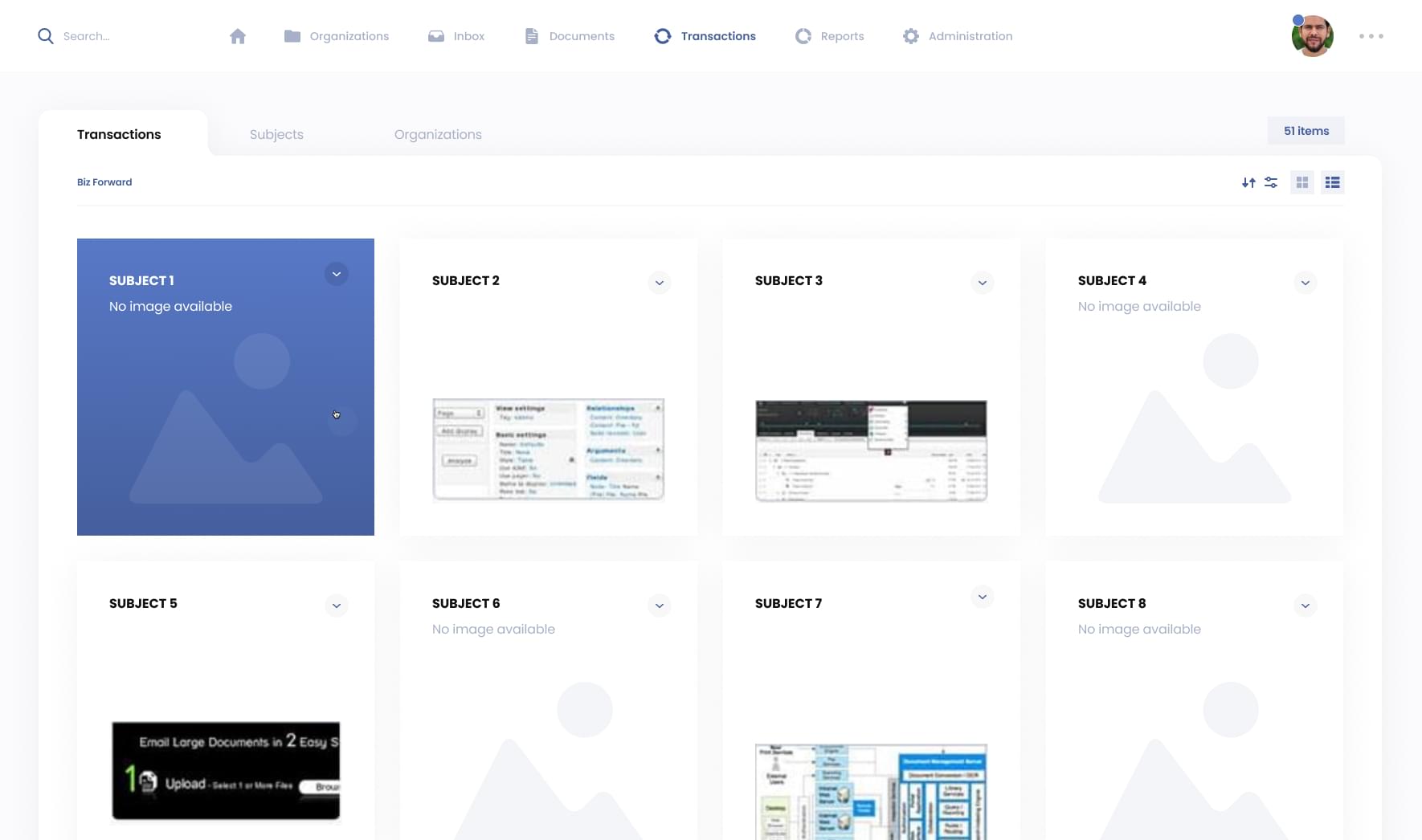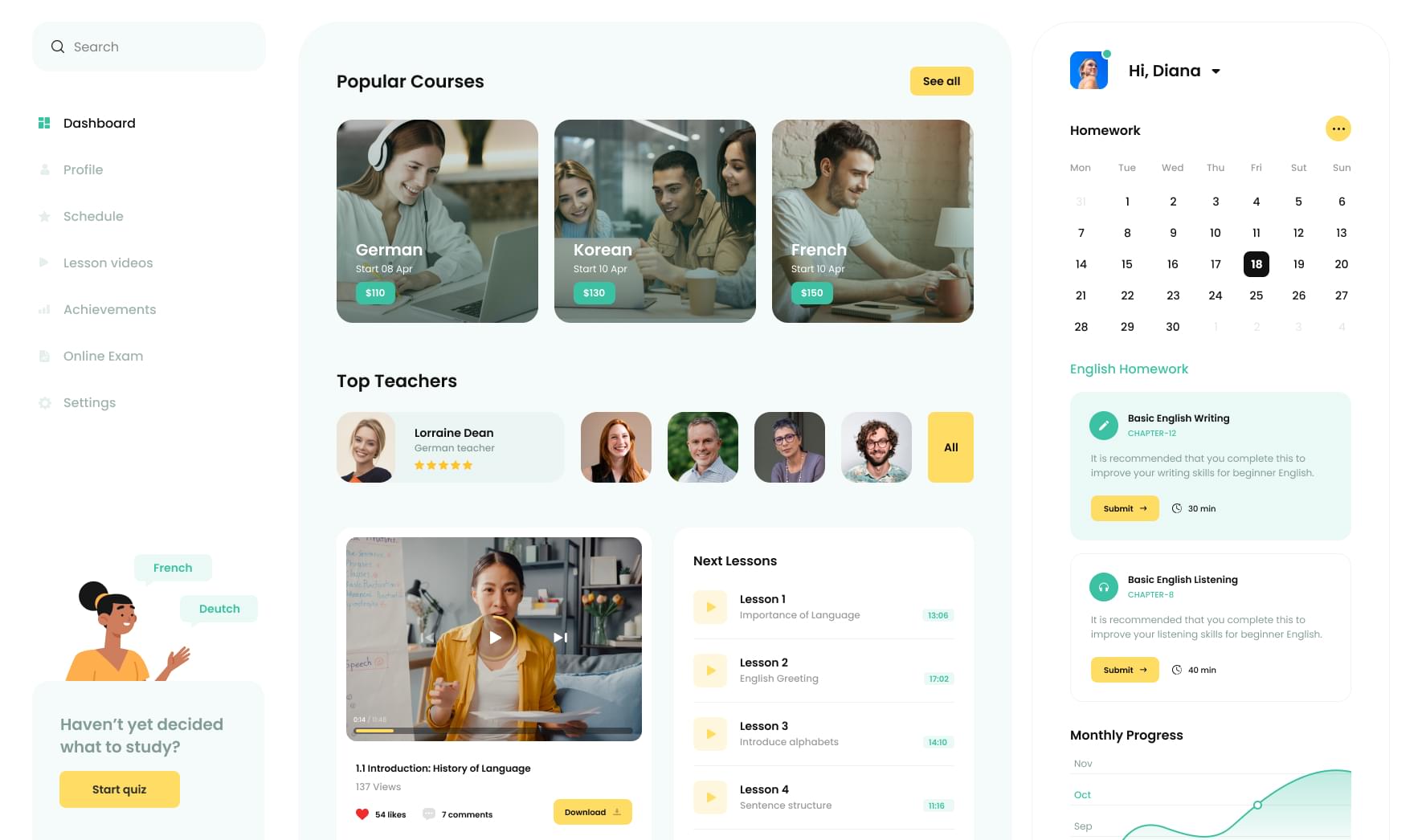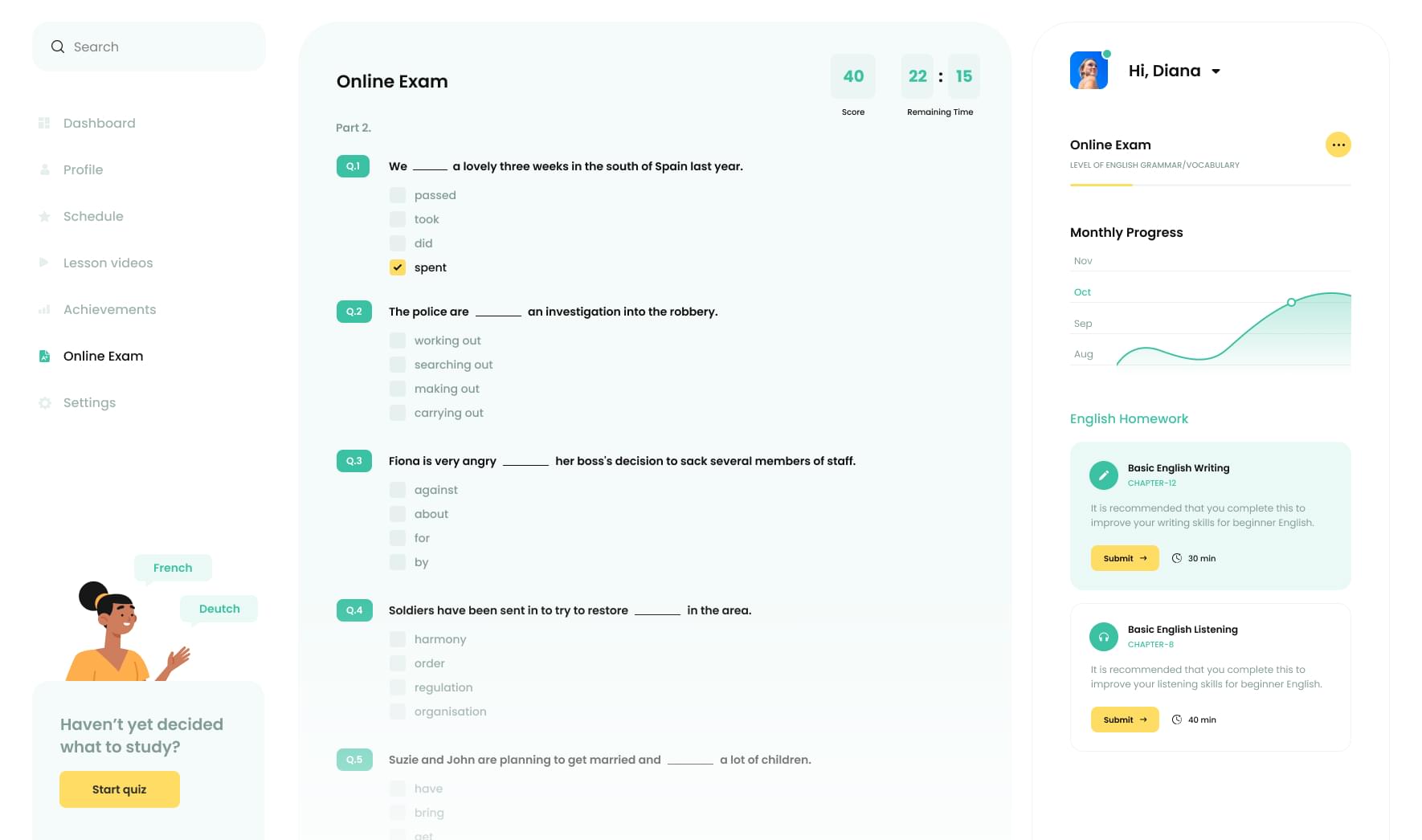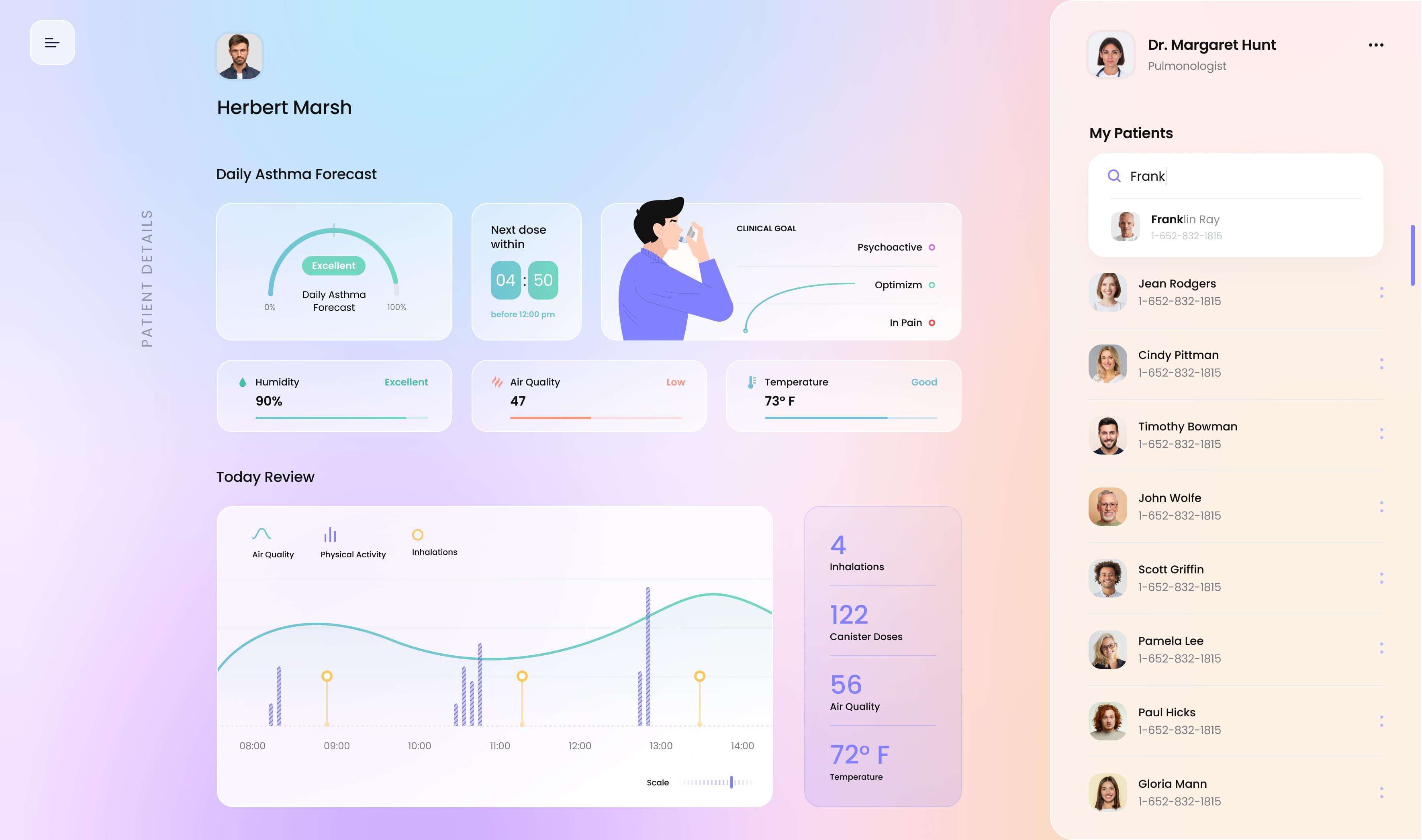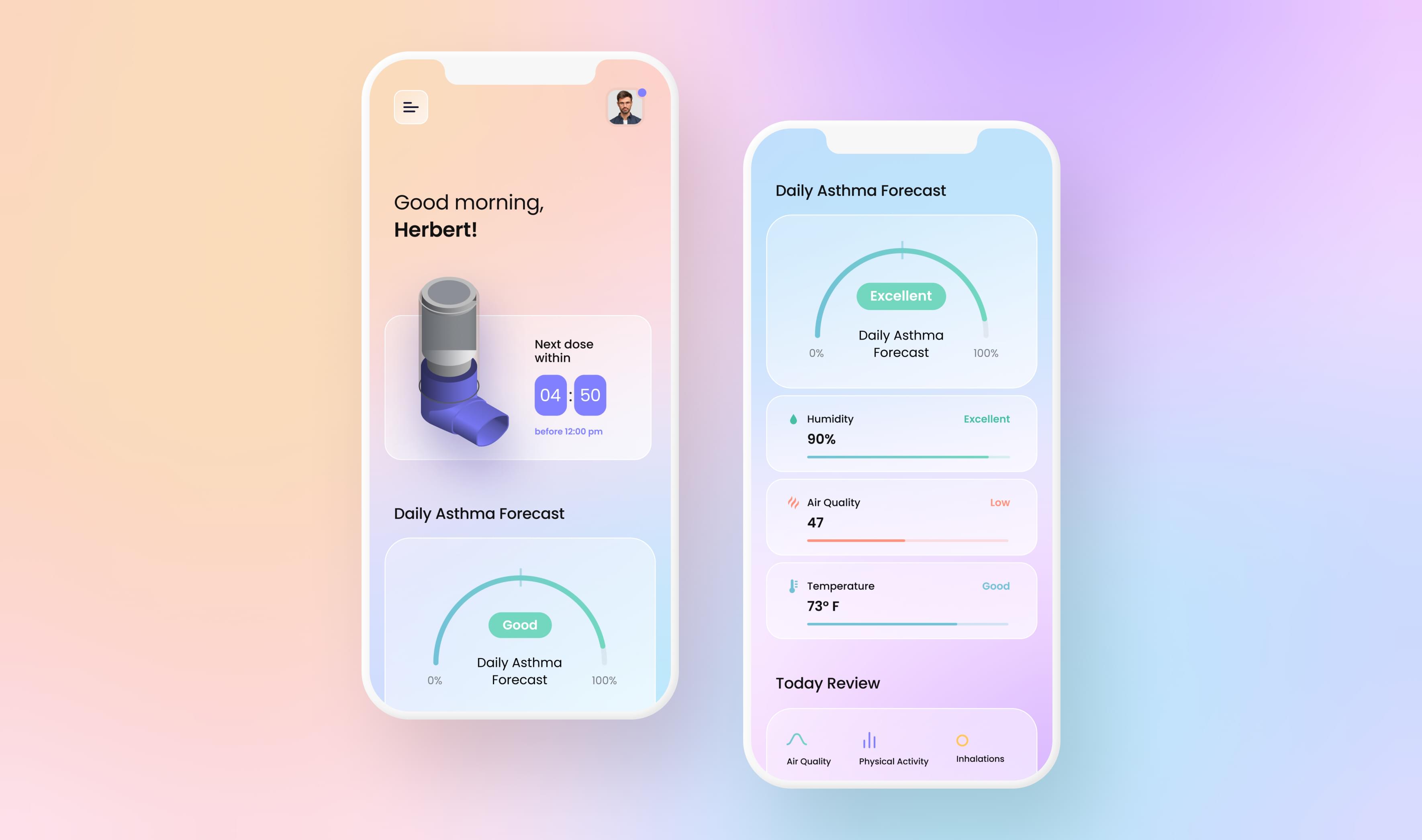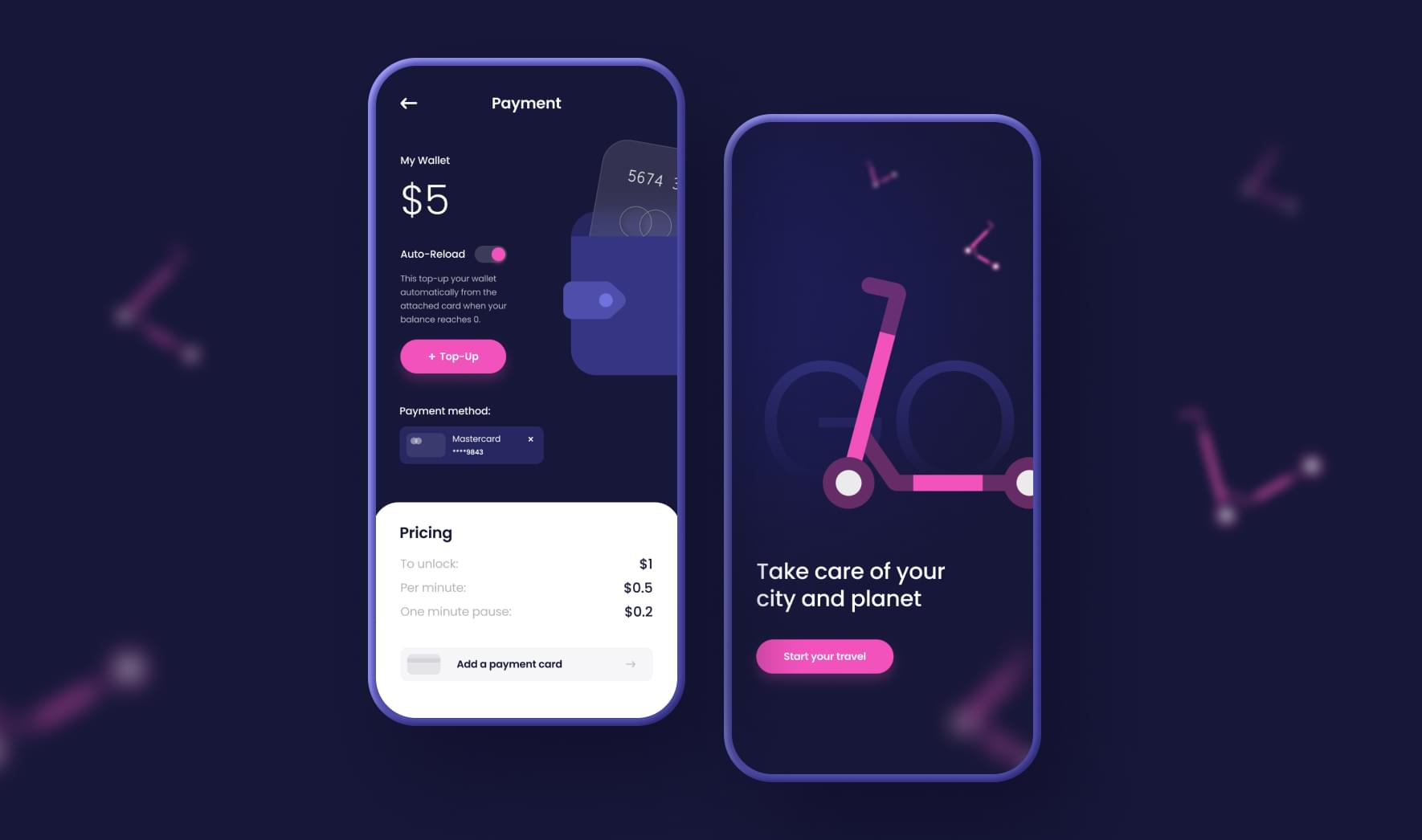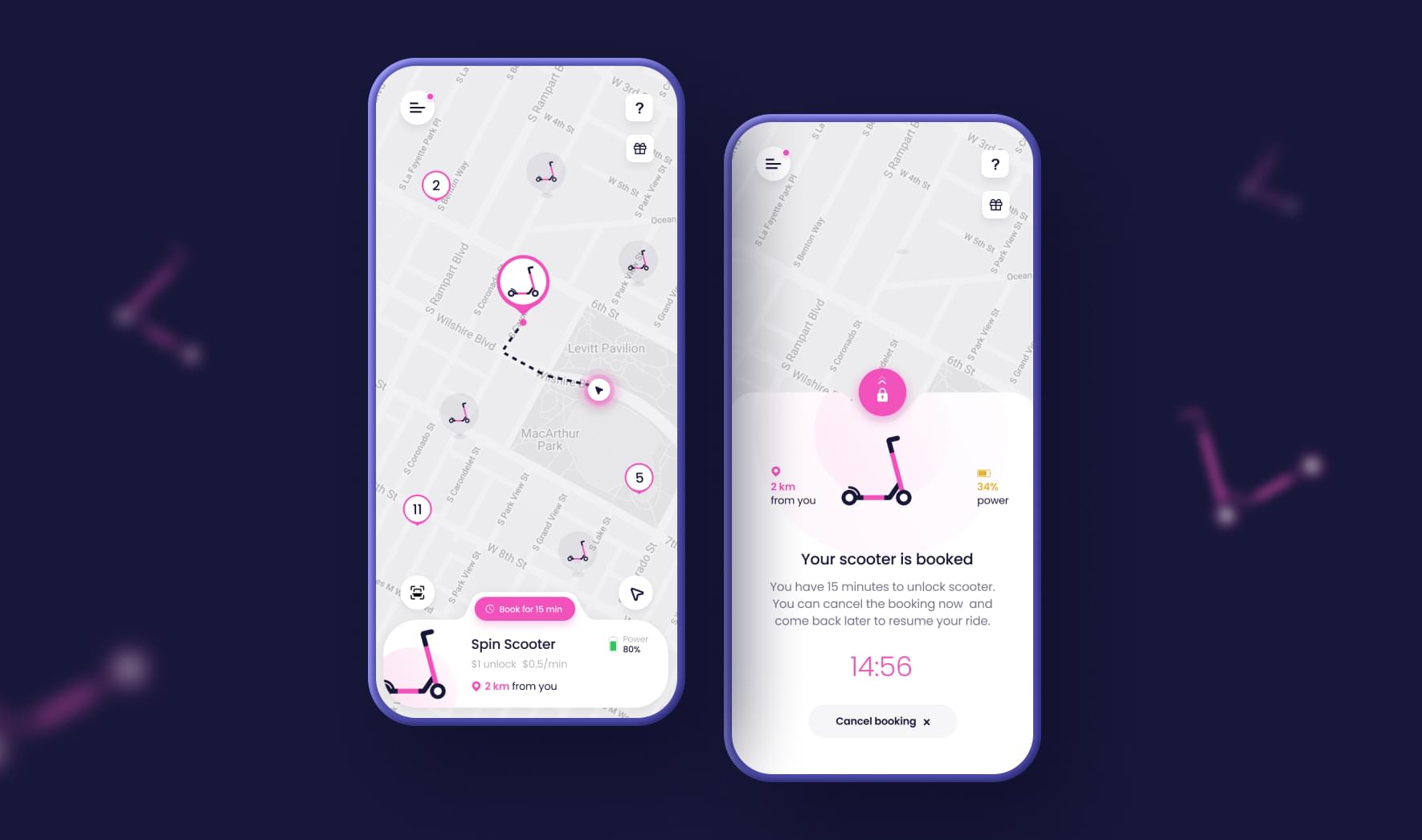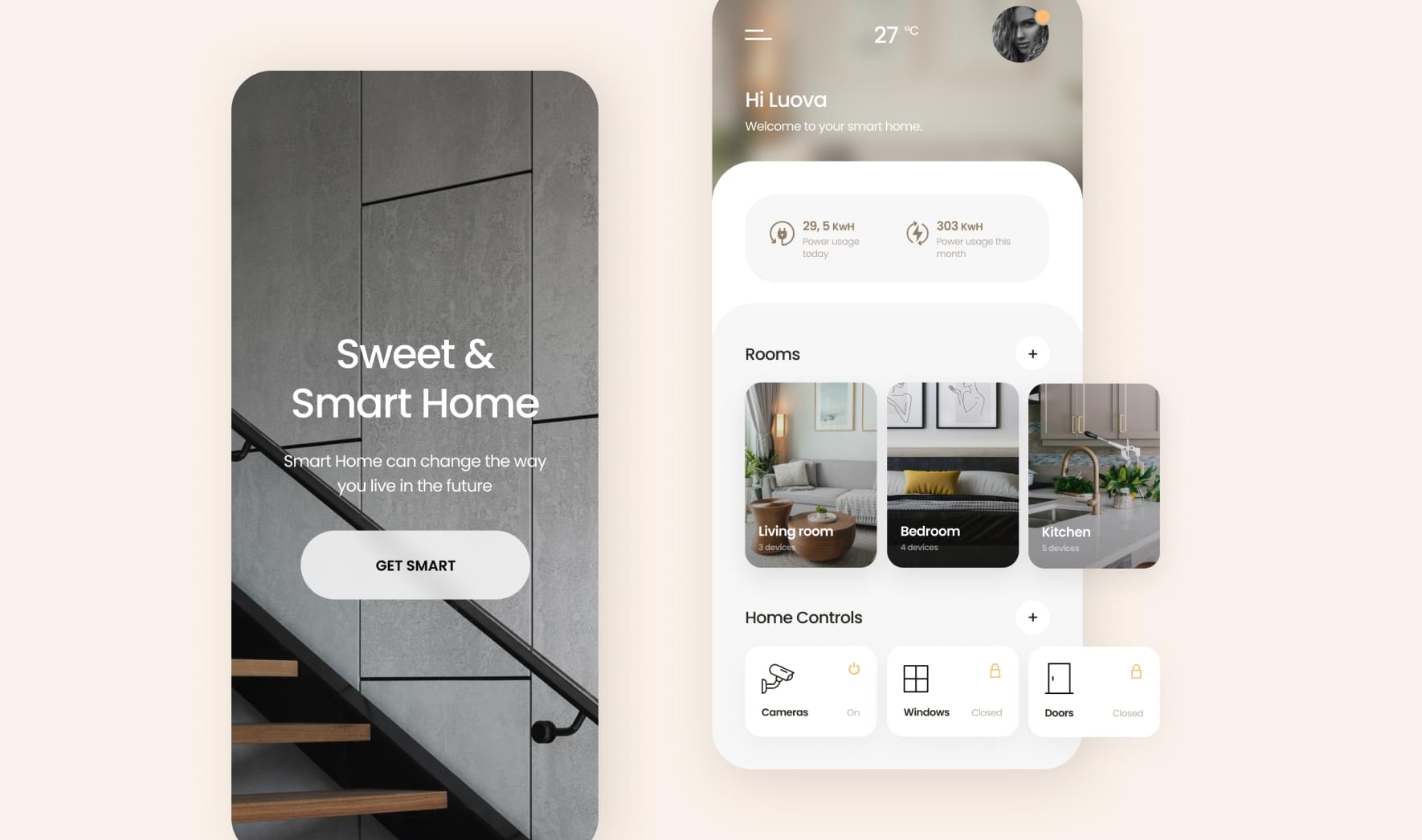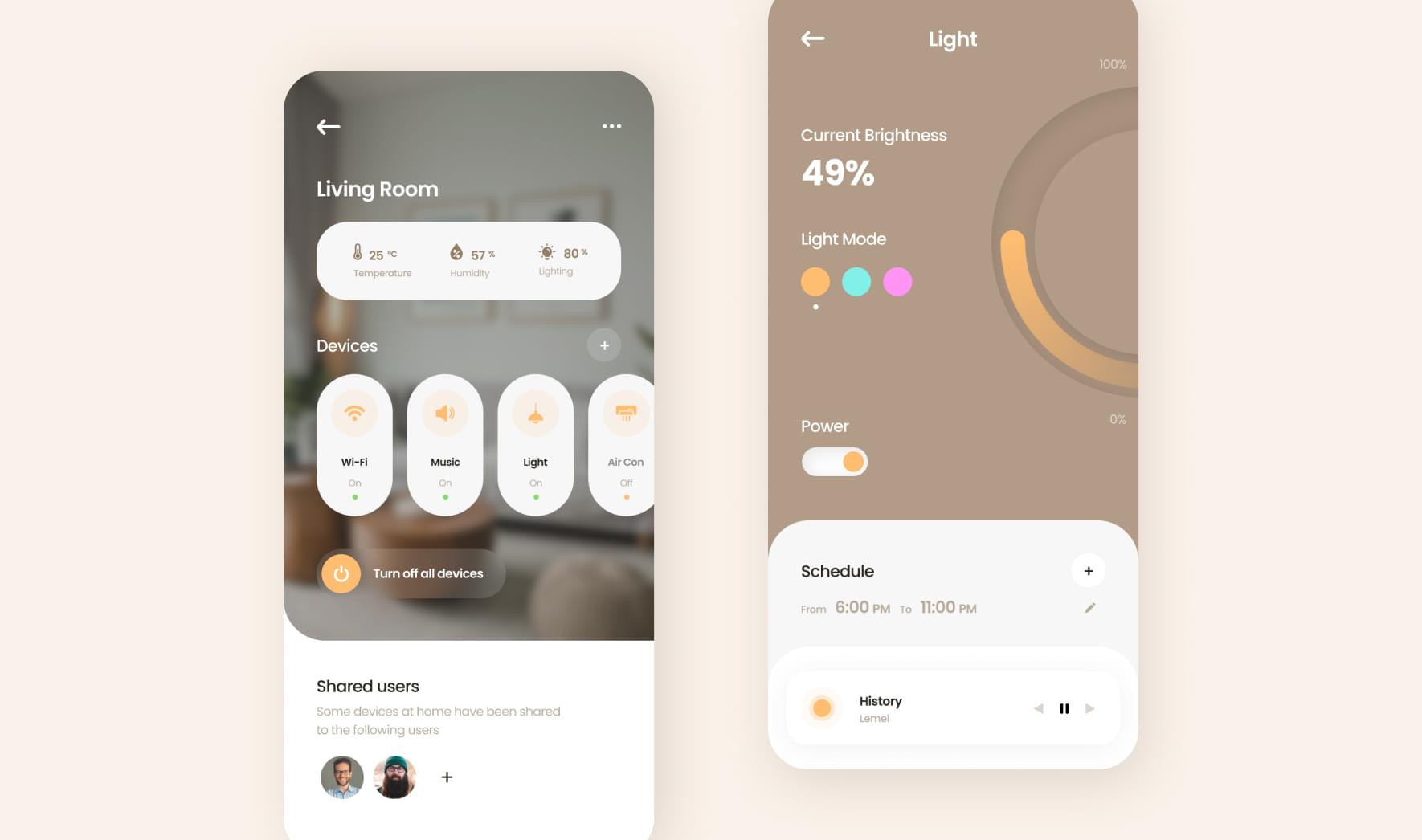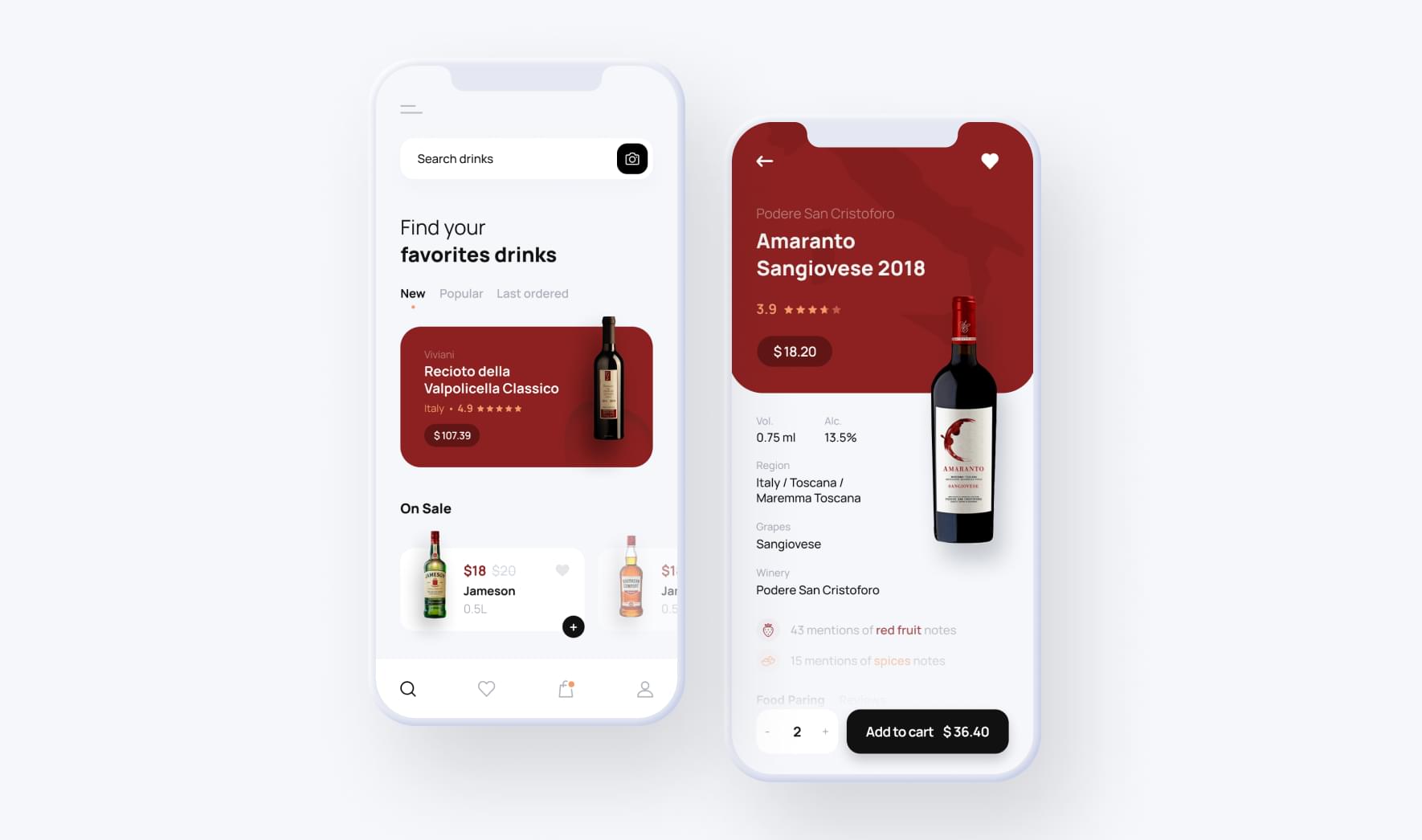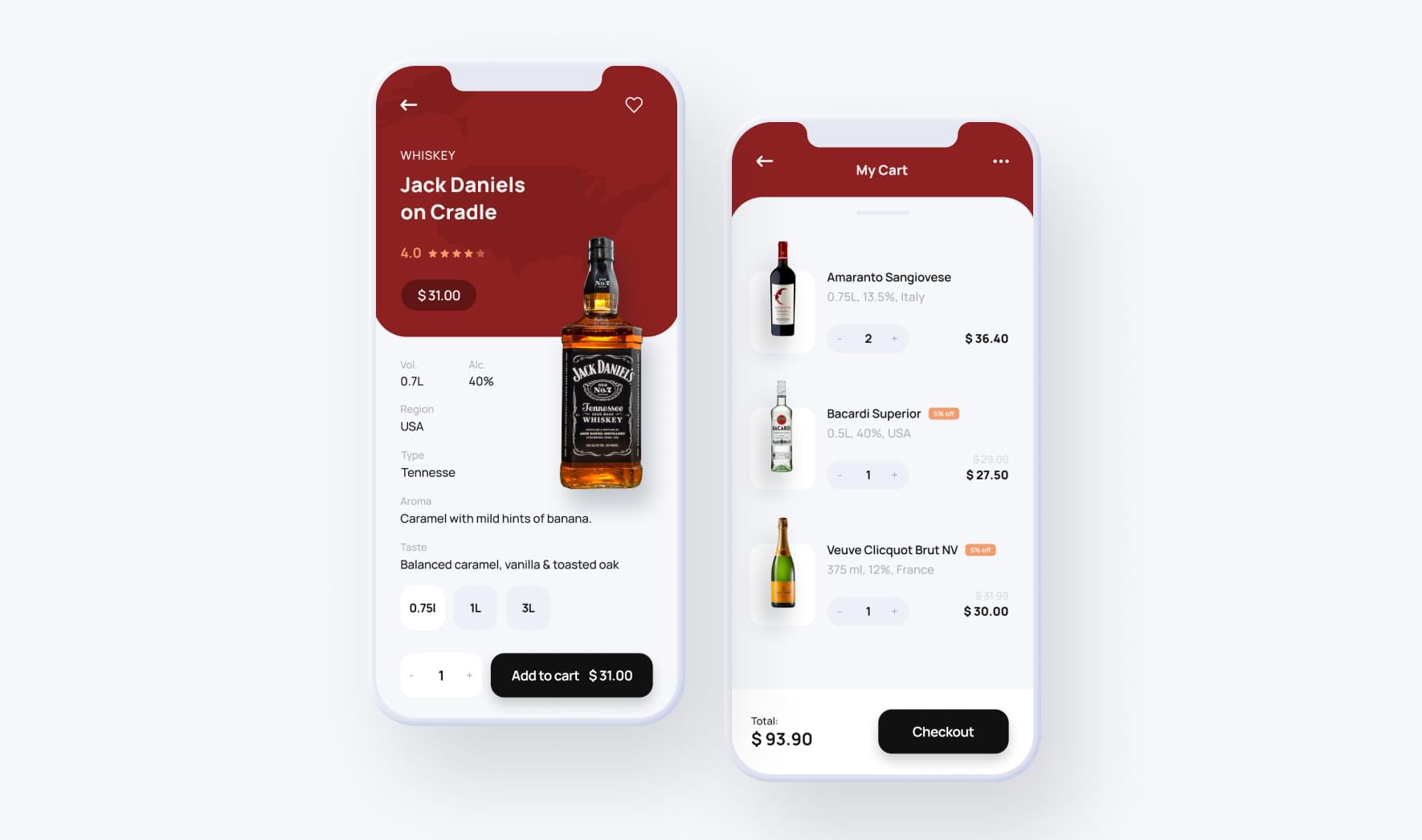close
- emailSend a requestphoneCall 1-650-419-3379phoneCall +1 (650) 419-3379phoneCall +44 2035140925 phoneToll-free 855-258-67-67
- Services
- Expertise
- Portfolio
- Testimonials
- About Us
- Contact Us
Efficiency Unleashed, Costs Controlled
Services
Remote dedicated team as a service
Technology expertise





Why partner with us
Development
Related cases
The team at Altoros has successfully implemented 1400+ projects, some of which can be accessed through this page. We do also share more details on a particular project and other stories of success on demand. Please do not hesitate to reach out to us with a request!
The Cloud-based Document Exchange System
The customer
The customer is a start-up company that came to Altoros with an idea to develop a service similar to “virtual FedEx” that delivers electronic documents. The main advantage of the emerging system was to be a simple and intuitive user interface. Ease of navigation and availability of the planned features were tested on a prototype developed by Altoros.
The need
The system had to store a large number of documents and provide fast access to any of them. It was decided to use cloud technologies to ensure high availability, quick response times, and easy horizontal scalability. The system was integrated with EMC, FileTransfer services, and a third-party Reporting Tool selected by Altoros’s experts.
The challenges
Normally, e-mail service providers limit the size of data sets that can be sent at a time. In addition, users have to employ third-party software to create documents with complex structures, multiple elds, diagrams, and tables.
The outcome
The customer released a new solution that makes document exchange easier and more ecient. The system has already become rather popular, thanks to a user-friendly interface, smart navigation, enhanced security, and unlimited storage space in the cloud. By testing prototypes, we were able to carefully study all requirements, conrm functionality, and access usability before we started development.
Technology stack
Server Platform - CentOS
Client Platform/Application Server - CentOS
Technologies - Couchbase, Solr, Pentaho, Spring MVC, jQuery
Programming Language - Java
Database - Cassandra
Database Design Tool - yEd
Development Environment - Eclipse
Enabling Accessibility of an E-learning Language Platform
The customer
The customer is a leading provider of language training services to individuals and businesses in Norway. Accredited by the Ministry of Education, the company also delivers language courses and social studies to immigrants. The organization has educational centers in major Norwegian cities, including Oslo, Bergen, and Stavanger.
The need
The company had a proprietary web app enabling users to test their language skills. The customer was working toward building a fully fledged e-learning platform based on the existing app. The platform would provide access to a variety of language courses and testing materials for students across Norway.
Collaborating with Altoros, the organization wanted to deliver functionality critical to interactive online learning, improve the existing features, and integrate billing. The customer aimed to get certification from Skill Norway, a governmental Agency for Lifelong Learning that belongs to the Ministry of Education and Research. In this regard, necessary functionality had to be enabled under the tight deadlines.
The challenges
- It was important to ensure stable performance of the system while enabling smooth display of heavyweight interactive educational games and lessons.
- A possibility to record audio was one of the essential features for both teachers and students. To accelerate streaming and the processing of media during learning sessions, it was crucial to unify audio formats across a variety of browsers and operating systems.
- As the platform would also be utilized by people with disabilities, compliance with Web Content Accessibility Guidelines (WCAG) had to be achieved.
-
3,000
students
-
$1.2M
investment
-
50+
schools
The outcome
Partnering with Altoros, the customer delivered functionality vital to interactive language learning online, while maintaining the system’s availability and performance. Compliant with the WCAG standards, the platform is accessible to students with disabilities, safeguarding equality across education for all society members. Thanks to the enabled functionality, the company showcased the solution at the governmental level, winning a tender to connect a chain of 50 language schools to the platform and raising nearly $1.2 million of investment. Now, the product serves 3,000 students across the country.
At the moment, the customer continues collaborating with Altoros to build mobile apps for iOS and Android.
Technology stack
Programming language - TypeScript
Frameworks and tools - React.js, ReactPlayer, Redux, Howler.js, Audio Recorder Polyfill, LottieFiles, Framer Motion, wavesurfer.js, Testing Library, styled-components
Database - PostgreSQL
A HealthTech Provider Raises $50 Million with a Drug Delivery Platform
The customer
Based in Israel, the customer is a software provider to the healthcare industry. The company’s main product is a smart inhaler that enables pulmonary delivery of therapeutic molecules and phytosubstances to patients suffering from intense pain, nervous system disorders, sleep, anxiety, and leukemia.
The need
Each smart inhaler has a preloaded cartridge with a medical substance. The device was developed to administer low doses, minimizing various side effects up to 90%. Initial trials were conducted at an Israeli hospital, where doctors distributed devices among patients on an individual basis. This procedure involved making prescriptions, keeping record of patients and assigned inhalers, monitoring inhaler regimens, etc.
Relying on Altoros, the startup wanted to build a web platform for doctors to track patients and devices, as well as a mobile app for patients to monitor and optimize inhaler usage, get reminders, etc. Targeting at a global market, the customer strove for scalability and high availability. With a minimum viable product (MVP), the company planned to raise additional investment for future development.
The challenges
Under the project, the team at Altoros had to address the following issues:
- A mobile app was to gather sensitive information—personal data, drug doses, etc.—from inhalers via Bluetooth and send it to the web platform. However, Bluetooth connections are highly prone to cyber attacks. Given the sensitivity of data, security was a top priority for both the web and mobile systems.
- It was important to ensure uninterrupted data transfer between the mobile app and the web platform, even with unreliable Internet.
- While different mobile devices could use different Bluetooth protocols, it was crucial to prevent any contradictions when pairing with the inhaler.
-
$50M
investment
-
90%
reduced side effects
-
2-3
weeks release cycle
The outcome
Partnering with Altoros, the customer developed a web platform for the doctors to assign and track smart inhalers, as well as a mobile app for patients to monitor and optimize inhaler usage, get reminders, etc. With the delivered prototype of the web system, the company was able to test feature feasibility and present the solution to investors, raising $50 million. Thanks to the chosen architecture, the organization laid foundation for high availability and scalability, as well as ensured advanced security across the web, mobile, and inhaler systems. By following Agile best practices, the company managed to implement new features every 2–3 weeks. Cross-platform mobile development helped the customer to significantly reduce expenses, avoiding the necessity to build separate Android and iOS apps, as well as support two different systems.
Technology stack
Platform - Amazon Web Services
Programming languages - Java, JavaScript
Frameworks and tools - Arduino, Angular, AWS Shield, Amazon EC2, Elastic Load Balancer, Elasticsearch, Logstash, Kibana, Apache Tomcat, Apache Cordova, Ionic
Database - CouchDB
A Mobile App for Renting Electric Scooters with 170,000 Active Users
The customer
Based in the USA, the customer is a transportation robotics company focusing on technology-driven development for micro-mobility vehicles. With 30 patents, the company’s flagship invention is a system for scooter fleets. In 2020, the startup raised $60 million of investment.
The need
Under the hood, the platform allowed for detecting 100+ malfunctions: break failures, short circuits, faulty batteries, etc. After the system identified an issue, it would take an appropriate action—e.g., stop the vehicle or block an attempt to rent it—to prevent damage during and between the rides. Originally, the company’s fleet of scooters was available for rental at the campus of the globally recognized tech university. However, the customer had an ambition to deliver its services across the USA, as well as enter the European market. Partnering with Altoros, the organization wanted to develop mobile apps for iOS and Android that would enable users to rent a scooter in 12 cities around the world the service was present.
The challenges
Under the project, the team at Altoros had to address the following issues:
- Cities have geofenced zones—low-speed or restricted areas—that impose certain limitations on vehicle movement. In the cities where the service operated, the number of such zones varied from 10 to 400. It was crucial for the mobile app to identify such zones in real time to prevent any accidents as the scooter would slow down or would be disabled upon approaching a geofence.
- As the service relied on a third-party billing system, sometimes, it took almost 3 minutes to process the payment. As a result, users could not start the ride until the procedure is completed.
- The verification of a bank balance and charging the fee was also a responsibility of the third-party billing system. This left the service vulnerable to allowing a vehicle rental to users with insufficient funds.
-
42,000
active Android users
-
12
cities worldwide
-
127,000
active iOS users
The outcome
Partnering with Altoros, the customer developed a mobile app that enables scooter rental for almost 170,000 users in 12 cities across the globe. By enabling the display of geofenced zones in real time, the company prevented users from entering restricted areas or riding at full capacity in low-speed areas. With an in-app wallet, the customer ensured only users with sufficient funds were able to rent their scooters.
After field-testing its service in the USA and Europe, the customer is planning to expand to the Asian market.
Technology stack
Platform Android, iOS
Programming languages Kotlin, Swift
Frameworks and tools AAC, Firebase Cloud Messaging, Jumio, Stripe, Retrofit, Room, Coroutines, ZXingScannerView, Google Maps, Apple Maps
Databases CoreDB
Building a System to Test the LIDAR Technology Across 30+ Scenarios
The customer
Based in Australia, the customer produces scanning devices driven by its proprietary version of the light detection and ranging (LIDAR) technology. Serving the automotive and mining industries, the company raised $63.9 million as funding in 2021.
The need
The customer utilized LabVIEW to manage testing of its scanning devices, processing the results in a cloud. 30 testing scenarios imitated various weather conditions (rain, sandstorm, etc.), obstacles on the way, off-road driving, etc. To further evolve its technology, the producer needed to continuously expand the number of scenarios. Maintaining LabVIEW was no longer an option due to the shortage of relevant expertise on the market and increasing concerns around vendor lock-in.
Having already utilized Microsoft Azure, the company wanted to build its own test controlling system on WPF, validating the integrability of the tool into the existing ecosystem. Comprising experts mostly in embedded engineering, the manufacturer sought talent in .NET development at Altoros to deliver a proof of concept (PoC) under tight deadlines.
The challenges
Under the project, the team at Altoros had to address the following issues:
- The company aimed to expand the number of testing scenarios on demand. So, maintainability, high availability, and scalability were of the utmost importance.
- The LIDAR-based devices would be installed primarily in vehicles, including self-driving cars, to measure distance to objects. In this regard, minimizing errors during testing was crucial.
- LIDAR devices track metrics such an object detection range, resolution, field of view, etc., in disparate electronic formats. To store/transmit them efficiently, unification was important.
-
16 PB
available memory
-
9 weeks
on developing a PoC
-
30+
testing scenarios
The outcome
Partnering with Altoros, the customer delivered a system that manages the life cycle of LIDAR devices performance testing. By building the proof of concept in just 2 months, the manufacturer validated the idea to have a proprietary alternative over a vendor’s solution, preventing possible lock-in.
Thanks to a modular architecture, the company enjoys high availability, ease of maintenance, and integrability of the solution into an existing ecosystem. The producer is able to expand the number of testing scenarios on demand (in addition to existing 30). With the error detection mechanism in place, the manufacturer can further improve its LIDAR technology, making it even safer to use in autonomous vehicles.
Technology stack
Programming Language - C#
Frameworks and tools - Windows Presentation Foundation, Autofac, AngleSharp, Reactive Extensions, Serilog, Windows Communication Foundation, FluentValidation, Azure DevOps
A Highly Secure Smart Home System Wins a Kickstarter Funding
The customer
Steele Solutions is a London-based developer of nCube Home—an IoT system that enables users to efficiently control their houses through a single cross-platform app. The solution automates a number of scenarios, such as tracking energy consumption, turning on/off household appliances, monitoring house security, etc. Unlike other alternatives on the market, the system stores all the sensitive data locally on a physical hub.
The need
The customer wanted to deliver an IoT solution for a smart home, automating the following scenarios:
- Optimize energy consumption(turn the lights and thermostats on / off)
- Control central heating(align the temperature with the weather)
- Manage household appliances remotely(raise the blinds, set up an audio system to wake a user up at specific time, etc.)
- Control boiler receivers(e.g., heat up at preset time)
- Monitor house security(send alerts in case of smoke / leak or unpredicted entry movements)
- Having cooperated with several development teams from EU, but not satisfied with the results and the quality of code, the customer turned to Altoros to fix the issues and accelerate delivery.
The challenges
- Dealing with sensitive data, the solution needed to be highly secure.
- The offline mode had to be enabled so that the system does not fail without Internet connection or when nCube servers are unavailable.
- On connecting a new device, the system needed to recognize what type of a device it is to trigger the appropriate behavior.
The outcome
Partnering with Altoros, the customer was able to get additional Kickstarter funding at the prototyping phase. The product was later successfully distributed to house owners across Europe, Americas, and Australia.
The company is planning to enable the system not only to differentiate between 15 types of devices connected, but recognize exactly what the device is—an audio system, a smoke detector, a kettle, etc.
Technology stack
Server platform - Debian
Programming languages - Ruby, JavaScript
Technologies - Ruby on Rails, Grape, AngularJS, Ionic, OpenVPN, Raspberry Pi, Cordova
Databases - PostgreSQL, MySQL
Automating Order Management for Wine and Spirits Retailers
The customer
Based in the USA, the company provides a suite of apps for the wine and spirits industry. Sales managers and representatives in 43 states utilize the customer’s order placement, delivery tracking, communication, and other systems. The organization serves the market for 20+ years, and its software products help to process $15 billion in wine/spirits sales annually.
The need
The US legislation prohibits producers of alcoholic beverages to sell their goods to retailers (stores, bars, cafes, restaurants, etc.) directly. So, wholesalers act as intermediaries between manufacturers and retailers. To distribute alcoholic products, however, wholesalers mostly make phone calls, send catalogs by e-mails, and hold in-person meetings. Understanding how time-consuming and prone to human error these manual processes were, the customer recognized the opportunity of developing an order management app.
The company turned to Altoros to build a system—from scratch—that would enable retailers to place and track orders, as well as facilitate reporting.
The challenges
Under the project, the team at Altoros had to address the following issues:
- Each retailer might want to install the app on its own server(s). As different companies might have different workflows and technologies, it was important to ensure that the app was customizable to smoothly integrate into existing ecosystems.
- At the same time, system administrators without programming skills had to be able to implement custom components and layouts requested by retailers.
- Since the app was to serve multiple retailers, it was crucial to enable multitenancy and display only relevant product offers to them.
-
43
states covered
-
$15B
processed in annual sales
-
3x
reduced feature release time
The outcome
Partnering with Altoros, the customer developed a multitenant system that automates order placement for retailers in the wine and spirits industry. Thanks to the chosen DDD architecture, the delivered system can be easily tailored to the end-user workflows and integrated into existing ecosystems. At the same time, the delivered admin panel makes it possible to implement any customizations requested by retailers in just a few clicks. The CI/CD pipeline coupled with code reuse helped the company to reduce a feature release cycle by 3x.
Technology stack
Programming language - TypeScript
Technologies - Angular, Node.js, Sequelize, Fastify, Swagger, OpenAPI, Bitbucket Pipelines, Yarn workspaces, Sketch, WebStorm, Google Fonts
Database - Microsoft SQL Server
A GDPR-Compliant Mobile App to Conduct Spirometry/Oximetry Tests
The customer
The customer is a Norwegian software provider for the healthcare industry. In 2021, the company partnered with Innovation Norway, a state-owned business incubator, and BankID, a nation-wide identification system, to develop its flagship platform for oximetry/spirometry testing.
The need
The COVID-19 pandemic put a strain on healthcare institutions' load and resources. The waiting time for patients also increased. The customer saw an opportunity to fast-track diagnostics of respiratory diseases with pulmonary function/oxygen saturation self-testing. So, the company built a web system that would analyze data from oximeters/spirometers for doctors. Still, the startup needed an iOS app for patients to conduct self-tests and send results to the web system prior to an appointment.
Comprising medical experts and back-end engineers, the company relied on mobile development expertise at Altoros to deliver an MVP and present it to the investors/partners.
The challenges
Under the project, the team at Altoros had to address the following issues:
- The mobile app would share sensitive information (personal and medical data) with the existing web system. Furthermore, the app would use BankID as an authentication system for patients. In this regard, security and GDPR compliance were crucial.
- To run tests, oximeters/spirometers had to be connected to the mobile app via Bluetooth. If Bluetooth was not deactivated after the test, smartphone's battery might run out of charge or slow down performance. Furthermore, an open Bluetooth connection posed a point of vulnerability.
-
GDPR
compliance ensured
-
8 weeks
to deliver an MVP
-
50+
parameters tracked
The outcome
Partnering with Altoros, the customer delivered an MVP of an iOS app for spirometry/oximetry self-testing across 50+ parameters, promoting accurate diagnostics during in-person visits. Thanks to security measures in place, the customer can protect personal and medical data, as well as comply with GDPR. With the MVP delivered in just 8 weeks, the customer was able to present it to the investors/partners and move on with developing a fully fledged solution.
Technology stack
Platform - iOS
Programming Language - Swift
Frameworks and tools - KeychainSwift, Lottie, Charts, Firebase Crashlytics, Google Firebase Cloud Messaging

Our clients speak
Our aim is to reach customer satisfaction. Explore some of our clients’ testimonials to learn the results of our productive collaboration.

About Altoros
Partners
-
Headquarters4900 Hopyard Rd., Suite 100 Pleasanton, CA 94588
-
Altoros Finland OYKyllikinportti 2, 00240 Helsinki, Finland
-
Altoros Norge ASTordenskiolds gate 2, 0160 Oslo, Norway
-
Development Center, PolandMłynarska st. 42 /115,01-171 Warsaw
-
Development center, ArgentinaBuenos AiresAv. Federico Lacroze 2827,C1426CPP CABA, ArgentinaSanta Fe25 de Mayo 2884, S3000FUASanta Fe, Argentina

Copied
Copy to clipboard


